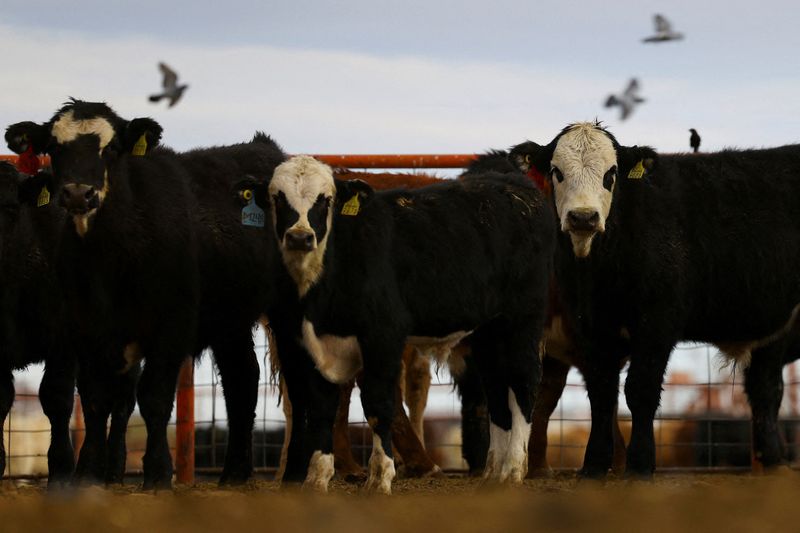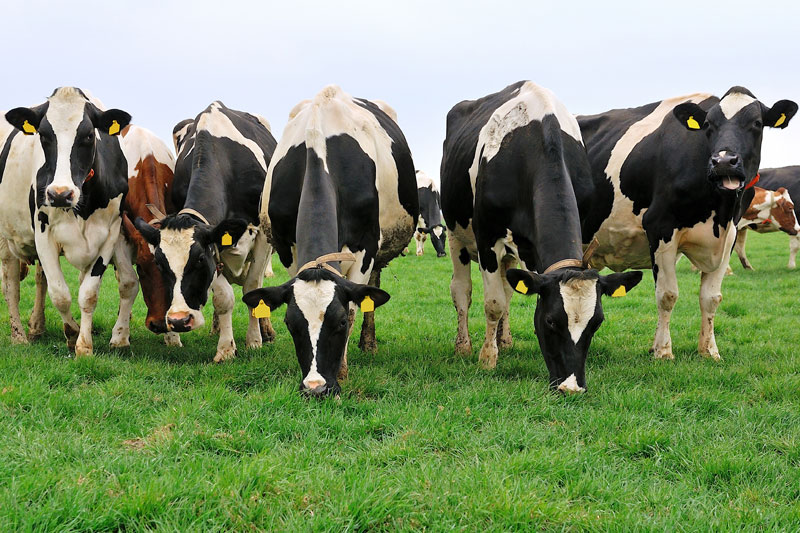By Tom Polansek
CHICAGO (Reuters) – The U.S. Department of Agriculture responded late on Friday, saying it could resume imports of Mexican cattle before the holiday holidays after suspending shipments last month due to the discovery of the New World screwworm in Mexico .
The agency also said it has approved a second round of emergency funding to prevent the flesh-eating cattle plague from entering the United States.
Lifting the import suspension would remove a barrier for the U.S. agricultural sector as farmers and consumers prepare for rising prices and supply chain disruptions if President-elect Donald Trump follows through with plans to slap tariffs on goods from Mexico and Canada.
“Shipments are likely to resume in a phased manner after the new year, with a full resumption of live animal movements some time afterwards,” said Dr. Rosemary Sifford, USDA chief veterinary officer, said in a statement.
Jenny Lester Moffitt, USDA undersecretary for marketing and regulatory programs, previously told Reuters that some imports may resume as soon as this month.
“We could definitely have some imports before the holidays,” Moffitt said in an interview, and more in January.
The USDA is diverting $165 million from the Commodity Credit Corporation to strengthen the fight against screwworm in Mexico and Central America, Moffitt said. Last year, $109.8 million was approved.
The US is working to block the plague that has spread through Central America, as it can infect livestock, wildlife and, in rare cases, people. Screwworm fly maggots burrow into the skin of living animals, causing serious and often fatal damage.
Mexico in November identified screwworm in a cow in a southern state near the border with Guatemala, prompting Washington to halt imports.
To resume shipments, Mexico must set up USDA-approved stables where inspectors will check and treat Mexican livestock for screwworm before they cross the border, Moffitt said. USDA will soon begin inspecting the Mexican pens, she added.
“While the United States continues to work very closely with Mexico and has agreed to protocols, these will take some time to implement due to the many steps required to resume trade,” Sifford said later.
U.S. meat companies and feed companies are eager to see trade revive after drought reduced the country’s livestock population to its smallest size in decades.
“They’re just holding their breath right now,” said Ron Gill, a livestock specialist at Texas A&M University.

The USDA funds will support the production and distribution of sterile screwworm flies in Central America, Moffitt said. A Panama-based facility increased production from 20 million last year to about 95 million sterile flies per week, she said.
Sterile male flies are bred to mate with fertile female flies so that the screwworm population decreases until it eventually becomes extinct. USDA said it eradicated screwworm from the U.S. with this technique in 1966.


